In today’s economy, business debt and economic health are closely connected. Unpaid commercial debts disrupt individual businesses’ cash flow and affect the broader economy by slowing financial cycles, reducing investment, and limiting growth. Effective debt recovery, on the other hand, strengthens cash flow, boosts market confidence, and supports economic resilience.
With high interest rates, inflation, and limited access to credit straining cash flows and raising borrowing costs, efficient debt recovery has become essential for stabilizing finances, managing default risks, and maintaining capital flow. Businesses focused on debt recovery are better positioned to manage financial stress and ensure continuity.
The Economic Ripple Effect of Business Debt
Unpaid commercial debts create a ripple effect across the economy. When a business fails to meet its obligations, the impact spreads to suppliers, service providers, and partners, often leading to their own cash flow challenges and delayed payments. This domino effect can restrict growth and stifle investment across industries.
For example, in manufacturing, when a supplier faces significant unpaid debts, they may need to adjust their operations, leading to reduced production capacity, delayed deliveries, or increased prices to cover their losses. These adjustments ripple through the supply chain, affecting production schedules, inventory management, and ultimately, market prices.
The economic impact is substantial: according to a study by ACA International and Ernst & Young, third-party debt collection agencies help counteract these effects by returning $44.6 billion to the economy in a single year. This translated to an average of $396 in savings per U.S. household by helping to keep the cost of goods and services lower – demonstrating how effective debt recovery helps stabilize prices and maintain market equilibrium.
Navigating Today’s Economic Challenges
The current business environment presents unique challenges for debt recovery. Rising interest rates have significantly increased borrowing costs, while persistent inflation continues to drive up operational expenses. These pressures combine to squeeze business cash flows from multiple directions, making it increasingly difficult for companies to maintain consistent payment schedules.
Additionally, ongoing supply chain restructuring and labor market fluctuations add layers of complexity to financial planning and cash flow management. In this environment, timing becomes critical. Organizations must be more vigilant than ever in monitoring their accounts receivable and taking prompt action when payment issues arise.
The Strategic Role of Professional Debt Recovery
Modern debt recovery is more than just collection – it’s a strategic function that supports economic stability through early intervention and relationship management. By addressing potential payment issues early, businesses can maintain communication with debtors, preserve relationships, and prevent financial problems from escalating. This approach is particularly important in B2B settings, where long-term partnerships are often as valuable as immediate debt recovery.
Best Practices for Effective Debt Recovery:
Successful debt recovery requires a sophisticated, balanced approach that includes several key strategies:
- Early Intervention: Address overdue accounts early with clear, respectful communication.
- Data-Driven Strategies: Use technology to streamline efforts and predict payment risks.
- Selecting the Right Partner: Engage a professional debt recovery partner with industry expertise to maximize recoveries.
- Mitigating Risks: Implement flexible strategies to maintain stability in uncertain times.
Building Economic Resilience Through Effective Debt Recovery
Professional debt recovery supports economic stability by enabling consistent cash flow across business networks. This cash flow allows companies to continue investing in growth, which supports market confidence and fosters economic resilience.
Businesses with strong debt recovery practices are better prepared to handle economic uncertainty, sustain operations, and adapt to changing conditions.
In today's challenging economic environment, proactive debt recovery becomes increasingly important for business stability. The key lies in implementing professional, ethical recovery strategies that protect both financial interests and business relationships. With a proven track record in commercial debt recovery, NSB partners with businesses to implement these balanced strategies. Our approach combines industry expertise with ethical practices to help businesses maintain stability, protect valuable relationships, and position themselves for long-term success.

